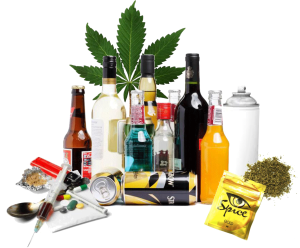 So many people want to reclaim their sobriety but feel that it is lost to them, as if sobriety is a mythical state of being. Though many people struggle with the quest for sobriety, the truth is, sobriety is quite a methodical thing to achieve. It will inevitably involve some discomfort, but no more than learning the ropes of a new job requires. Every person is capable of achieving sobriety if they are willing to trust and follow the tried and true steps toward sobriety.
So many people want to reclaim their sobriety but feel that it is lost to them, as if sobriety is a mythical state of being. Though many people struggle with the quest for sobriety, the truth is, sobriety is quite a methodical thing to achieve. It will inevitably involve some discomfort, but no more than learning the ropes of a new job requires. Every person is capable of achieving sobriety if they are willing to trust and follow the tried and true steps toward sobriety.
It is a fact that the less an addictive substance is used, the less your body chemistry will expect it. Substance dependence and substance abuse are two different things, but they are closely related. Essentially, any substance that gives its user feelings of pleasure can be abused and can in turn become addictive. But the influence the substance has over its user is relative to how heavily they are using it. This may seem like a vicious cycle, but it is actually good news because it means a person can reduce their substance cravings over time. In a nutshell, here’s how to separate from a substance you abuse:
- Take action to physically separate yourself from the substance by any means necessary, even if it means checking yourself into a rehab.
- Fill your schedule with healthy hobbies and tasks that do not involve the substance. Hobbies and tasks that actively encourage you to separate from the substance are even better.
- If you unexpectedly encounter the substance, take action to get away from it quickly and then methodically invite distraction from the substance into your realm of experience. Choose a healthy activity, preferably involving someone supportive who can hold you accountable.
- Continue these steps indefinitely and observe your craving for the substance diminishing. If you find yourself struggling or relapsing in any of these areas, seek professional help from counselors or substance abuse specialists.
